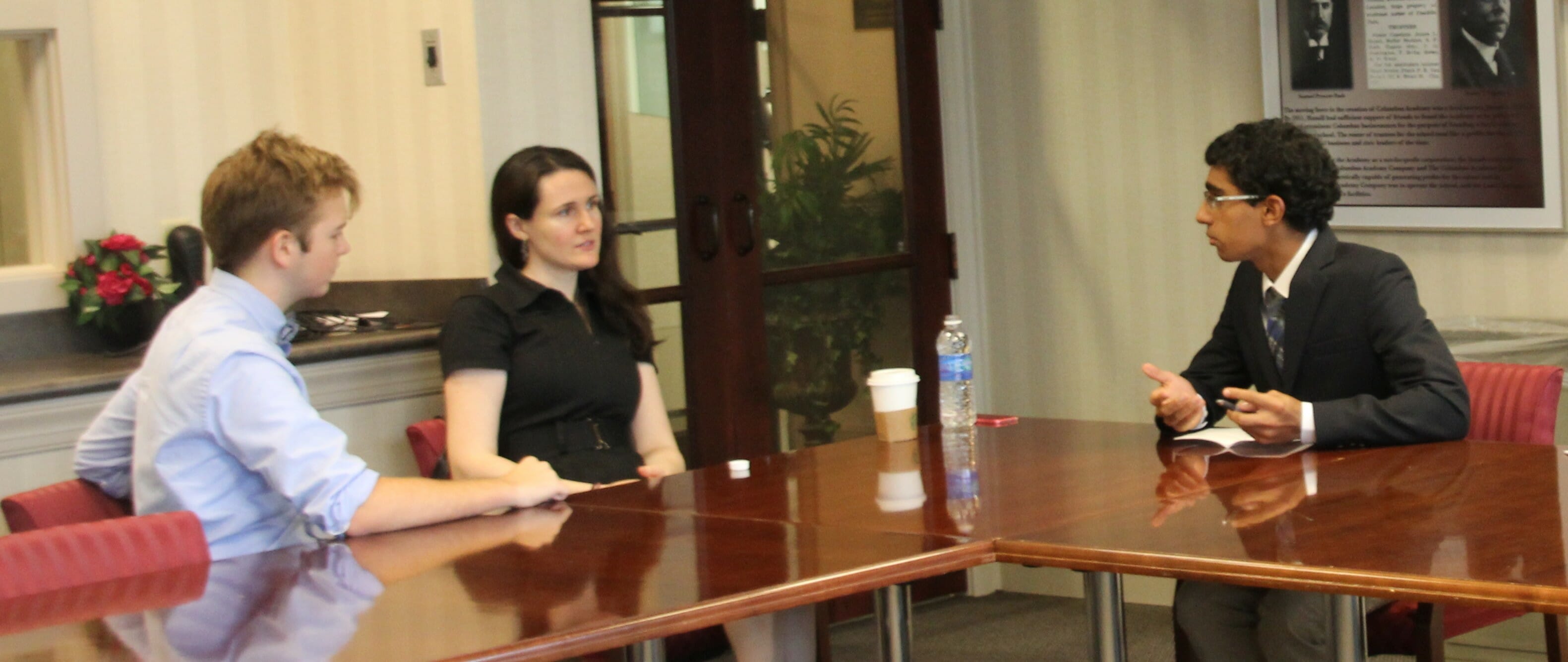In most families, it’s the parents who must worry about their children getting drunk or high. Liz Murray, author of Breaking Night: A Memoir of Forgiveness, Survival, and My Journey from Homeless to Harvard, grew up in a vastly different world. Day to day life was a struggle for Liz and her family. Liz’s parents had the impossible job of supporting a family of four, using solely the money from their monthly welfare check. “Every month was exactly the same as the previous month,” Murray explained. Once a welfare check was cashed, the parents would first purchase cocaine or heroin then spend the rest of the month’s money on food. Murray recalls that her sister, Lisa, and she were often so hungry that they would resort to sucking on ice cubes or eating toothpaste to get the sensation of eating.
Murray’s parents found themselves in an unbreakable routine each month: cash check, buy drugs, buy food, get high, repeat. Though they lived in harsh circumstances, they survived, and they did so as a family. They managed to stay together until the day Murray’s mother was hospitalized and her father had to move into a homeless shelter, leaving Murray homeless at the age of fifteen. The rest of Murray’s story can be gleaned from the title of her book. Against all odds, Murray was accepted to Harvard College and escaped poverty.
When Murray came to Academy to speak to us, however, her goal wasn’t to share her success with us. Of course, she told us her story, but all the while she told us of the little things that enabled her to get to where she is today. Little things like sleeping on her friends’ couches, choosing to go to just one more interview, and meeting her mentor, Perry, at the Humanities Preparatory Academy. When asked how she viewed her life’s accomplishments, Murray explained that she didn’t have intentions of growing up to be “Homeless to Harvard” girl. She just felt that luck had intersected with hard work, and the result was an incredible opportunity to break her cycle of being homeless.
We at Academy know how privileged we are. Yet as Murray said, “It’s not if you’re privileged or not privileged. It’s what type of privileged you have.” She said she felt privileged to have a mother who cared for her and her sister. Murray knew every day that her mother loved her and said she tries to give the same feeling to her children.
After her college graduation, Murray has dedicated her life to giving back. One of her ideas (currently being developed by Microsoft) is a social networking site based on the idea of “paying it forward.” You can share ideas, photos, and videos of an act of kindness you’ve seen or done for others that can be seen around the world. Liz welcomes your thoughts on the project. You can email her at lizmurrayemail@gmail.com. Murray also volunteers at Broome Street Academy, a school dedicated solely to educating homeless and foster children. She follows the philosophy of a particular woman helped her do her weekly laundry for one semester when Murray first arrived at Harvard. This woman said to Murray: “I can’t do much, but I can do that.”
Written by Elliot Nick’14 and Nikhil Patel’14








